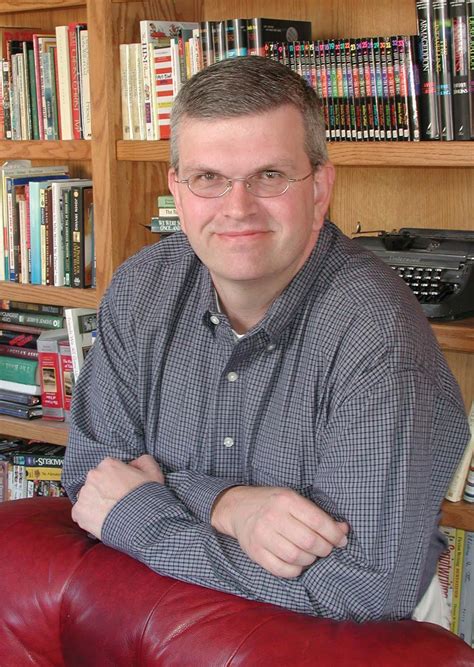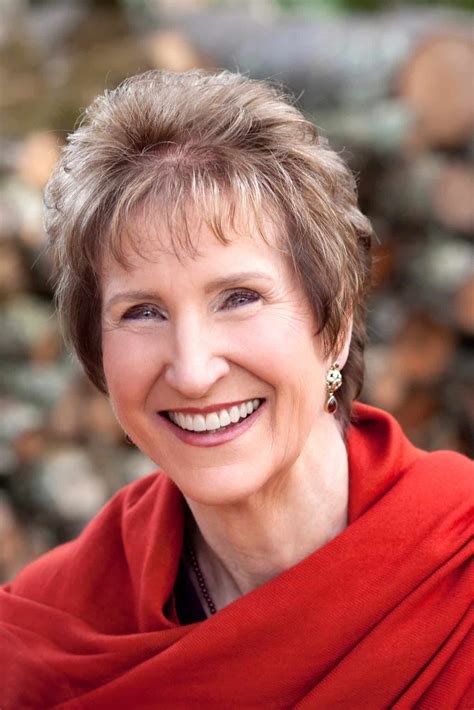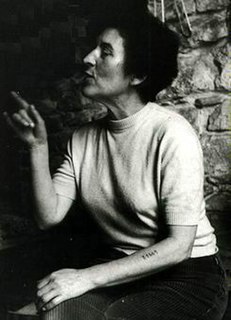A Quote by Elie Wiesel
At Auschwitz, not only man died, but also the idea of man. To live in a world where there is nothing anymore, where the executioner acts as god, as judge-many wanted no part of it. It was its own heart the world incinerated at Auschwitz.
Related Quotes
A man seeks his own destiny and no other, said the judge. Wil or nill. Any man who could discover his own fate and elect therefore some opposite course could only come at last to that selfsame reckoning at the same appointed time, for each man's destiny is as large as the world he inhabits and contains within it all opposites as well. The desert upon which so many have been broken is vast and calls for largeness of heart but it is also ultimately empty. It is hard, it is barren. Its very nature is stone.
You have to understand that I'm a child of the second generation, which means my mother was in Auschwitz, and the aunt of my mother was in Auschwitz with her; my grandmother and grandfather died there. So yes. All of those gestures they work for you, or for them, to fill their time or not feel their anxiety. But the child feels everything. It doesn't make the child secure. You put the child in a jail.
God created man and He created the world for him to live in and I reckon He created the kind of world He would have wanted to live in if He had been a man--the ground to walk on, the big woods, the trees and the water, and the game to live in it. And maybe He didn't put the desire to hunt and kill game in man but I reckon He knew it was going to be there, that man was going to teach it to himself, since he wasn't quite God himself yet.





































